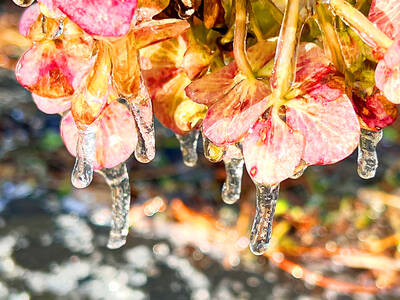The Chinese Nationalist Party (KMT) caucus yesterday said that legislation concerning the enforcement of disaster prevention-related laws should be the legislature’s top priority and asked the Democratic Progressive Party (DPP) to stop playing politics by placing a presidential transition of power bill at the top of its legislative agenda.
Legislative Speaker Su Jia-chyuan (蘇嘉全) of the DPP yesterday said that he would try to obtain a consensus between the parties to put the transition of power bill at the top of the agenda.
Su’s proposal on the arrangement followed a New Power Party caucus’ statement on Monday that called for an early end to a question-and-answer session, which is to begin tomorrow and is expected to last until the end of next month, in order to process the transition of power bill as early as possible.
The KMT caucus did not approve of the “rush,” with KMT Legislator Lin Te-fu (林德福) questioning the need to expedite the transition bill.
“Past transitions went pretty smoothly. Is there really an urgent need to pass the bill?” Lin asked, adding that while Su proclaimed that he would be a non-partisan speaker, “he is now proposing to make the transition bill the top priority.”
“The legislature should focus on people’s lives and property and put politics aside,” Lin added.
KMT Legislator Alicia Wang (王育敏) said the KMT caucus, in light of the catastrophic earthquake in southern Taiwan, would propose changes to the “three disaster-prevention laws”: improving the Disaster Prevention and Protection Act (災害防救法); amending the Urban Renewal Act (都市更新條例) to incorporate the concept of urban renewal to prevent disasters; and revising the Building Act (建築法) to require inspections of the structural safety of buildings by a third-party authority.
Wang said the three disaster related bills would be the KMT caucus’ top priority and called for the support of all parties to ensure public safety.
Disaster-prevention legislation is “what people want,” Lin said, adding that the public is “tired of political scheming.”

The Taipei City Government yesterday said contractors organizing its New Year’s Eve celebrations would be held responsible after a jumbo screen played a Beijing-ran television channel near the event’s end. An image showing China Central Television (CCTV) Channel 3 being displayed was posted on the social media platform Threads, sparking an outcry on the Internet over Beijing’s alleged political infiltration of the municipal government. A Taipei Department of Information and Tourism spokesman said event workers had made a “grave mistake” and that the Television Broadcasts Satellite (TVBS) group had the contract to operate the screens. The city would apply contractual penalties on TVBS

The lowest temperature in a low-lying area recorded early yesterday morning was in Miaoli County’s Gongguan Township (公館), at 6.8°C, due to a strong cold air mass and the effect of radiative cooling, the Central Weather Administration (CWA) said. In other areas, Chiayi’s East District (東區) recorded a low of 8.2°C and Yunlin County’s Huwei Township (虎尾) recorded 8.5°C, CWA data showed. The cold air mass was at its strongest from Saturday night to the early hours of yesterday. It brought temperatures down to 9°C to 11°C in areas across the nation and the outlying Kinmen and Lienchiang (Matsu) counties,

A new board game set against the backdrop of armed conflict around Taiwan is to be released next month, amid renewed threats from Beijing, inviting players to participate in an imaginary Chinese invasion 20 years from now. China has ramped up military activity close to Taiwan in the past few years, including massing naval forces around the nation. The game, titled 2045, tasks players with navigating the troubles of war using colorful action cards and role-playing as characters involved in operations 10 days before a fictional Chinese invasion of Taiwan. That includes members of the armed forces, Chinese sleeper agents and pro-China politicians

STAY VIGILANT: When experiencing symptoms of carbon monoxide poisoning, such as dizziness or fatigue, near a water heater, open windows and doors to ventilate the area Rooftop flue water heaters should only be installed outdoors or in properly ventilated areas to prevent toxic gas from building up, the Yilan County Fire Department said, after a man in Taipei died of carbon monoxide poisoning on Monday last week. The 39-year-old man, surnamed Chen (陳), an assistant professor at Providence University in Taichung, was at his Taipei home for the holidays when the incident occurred, news reports said. He was taking a shower in the bathroom of a rooftop addition when carbon monoxide — a poisonous byproduct of combustion — leaked from a water heater installed in a poorly ventilated